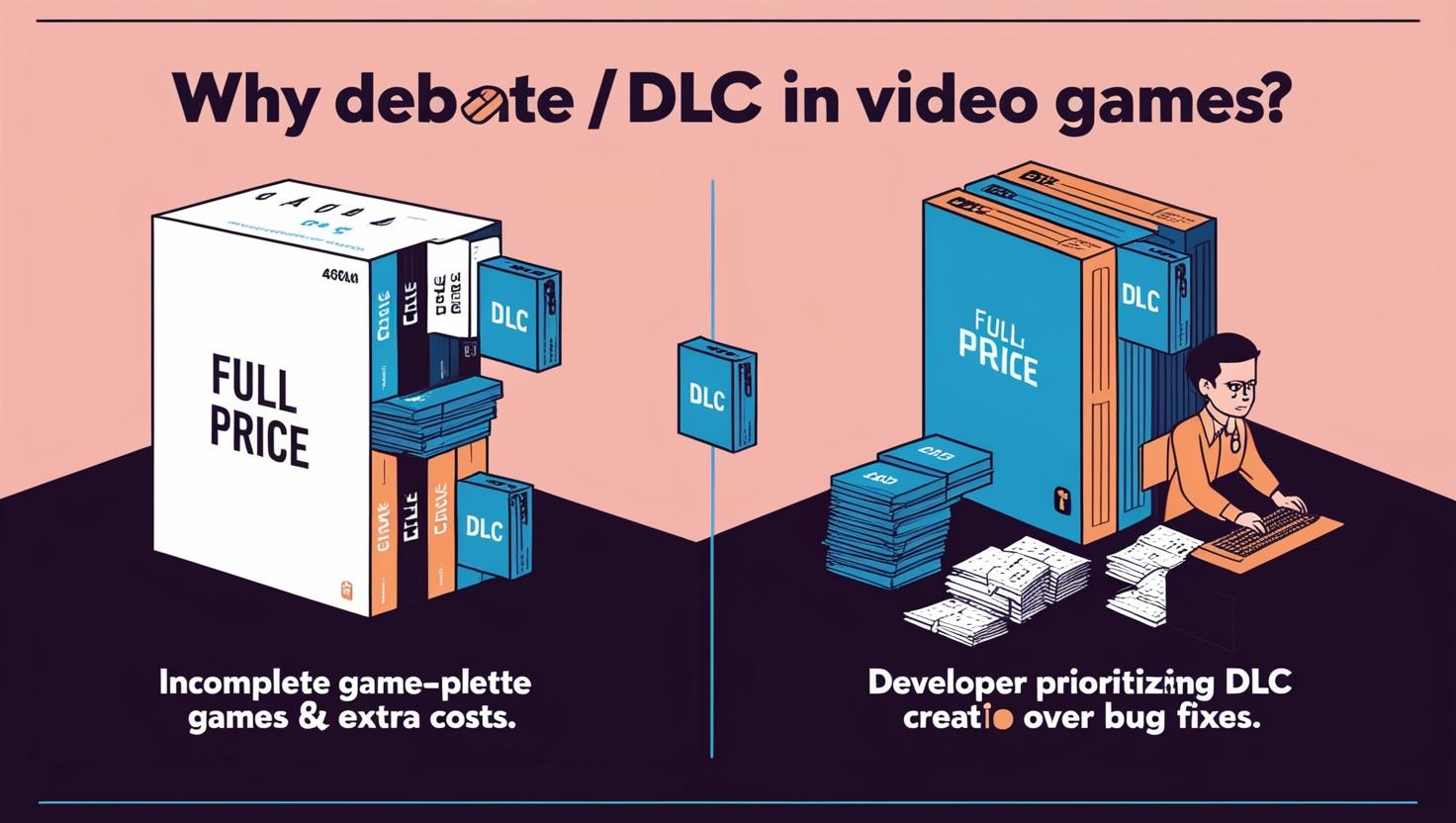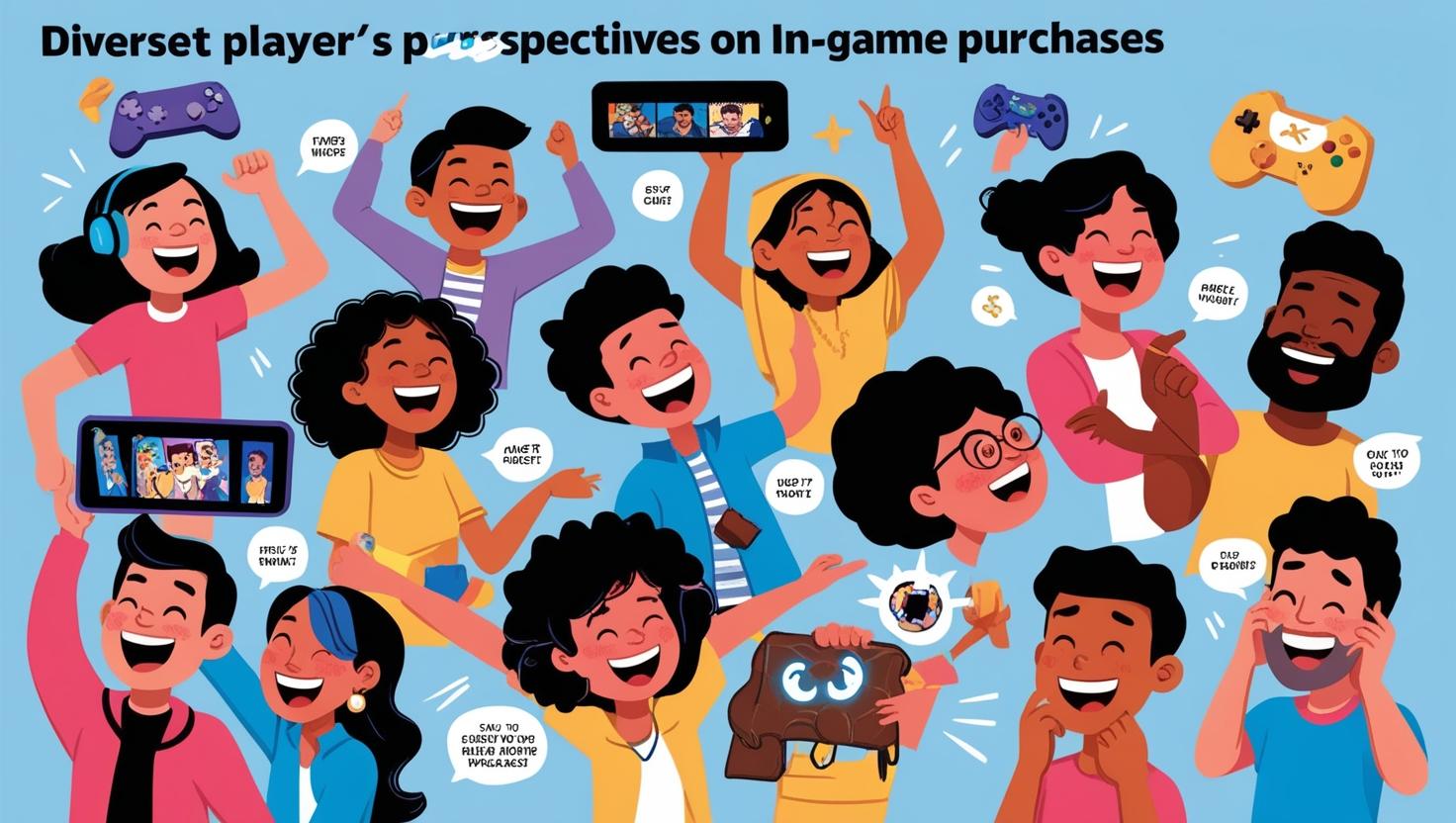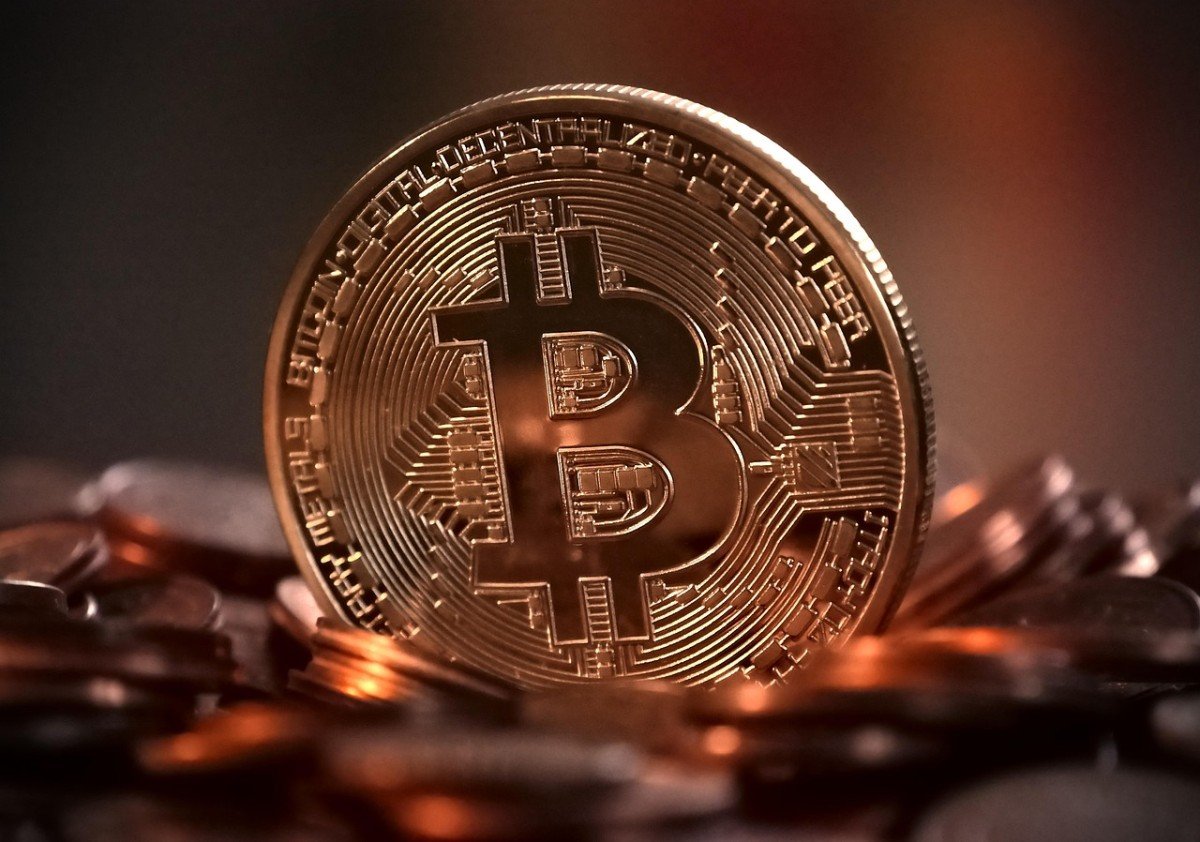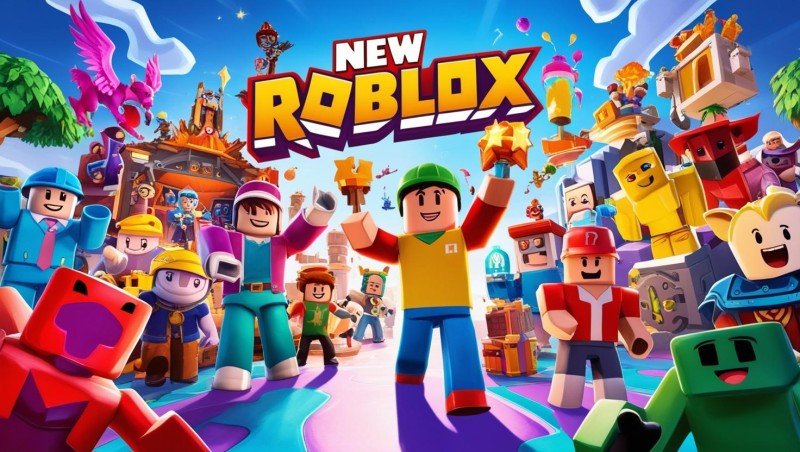In recent years, the gaming industry has come under fire for its monetization practices, raising concerns about ethics and fairness. One of the main issues at the heart of this debate is the use of loot boxes, which are virtual items that players can purchase with real money in hopes of receiving rare or valuable in-game rewards. Critics argue that loot boxes essentially amount to a form of gambling, as players are taking a chance on what they will receive, often without full transparency on the odds of winning.
Another ethical concern in gaming monetization is the use of microtransactions, which are small purchases made within a game for various benefits or enhancements. While some argue that microtransactions can enhance the gaming experience by allowing players to customize their gameplay, others argue that they create a pay-to-win dynamic that disadvantages those who cannot afford to spend extra money on in-game items. This raises questions about fairness and whether players should be able to gain advantages in a game simply by spending more money.
Furthermore, the rise of downloadable content (DLC) in gaming has sparked debates about the ethics of selling incomplete games at full price and then charging players extra for additional content. Some argue that this practice is deceptive and unfair to consumers, as they are essentially being asked to pay more to experience the full game that they already purchased. It also raises concerns about the impact of DLC on game development, as developers may prioritize creating additional content for profit over fixing bugs or addressing player feedback.
Player Perspectives on In-Game Purchases
When it comes to in-game purchases, players have mixed feelings. Some see them as a necessary evil, while others view them as an unfair advantage for those willing to spend more money. One player, Sarah, believes that in-game purchases can enhance her gaming experience by allowing her to customize her character and access exclusive content. However, she also acknowledges that this can create a divide between players who are willing and able to make these purchases and those who aren't.
On the other hand, John feels that in-game purchases are a predatory practice designed to exploit players and squeeze more money out of them. He argues that games should be about skill and strategy, not about who can afford to pay the most. John believes that developers should focus on creating a balanced and enjoyable experience for all players, rather than catering to a wealthy minority.
Overall, player perspectives on in-game purchases vary widely. Some see them as a necessary part of modern gaming, while others view them as a problematic trend that undermines the integrity of games. As monetization practices continue to evolve, it will be interesting to see how players' attitudes towards in-game purchases change and how developers respond to these shifting opinions.
Impact of Microtransactions on Gaming Communities
Microtransactions have become a hotly debated topic in the world of gaming, sparking discussions on the ethics of monetization within gaming communities. While some players argue that microtransactions provide a way to support game developers and enhance gameplay experiences, others believe that they can create a rift within the community.
One of the biggest impacts of microtransactions on gaming communities is the issue of pay-to-win mechanics. In games where players can purchase powerful items or advantages with real money, those who are willing to spend extra cash can gain an unfair advantage over others who choose not to participate in microtransactions. This can create a divide between players, leading to resentment and frustration among those who feel they are at a disadvantage.
Furthermore, the presence of microtransactions can also affect the overall balance of a game. Developers may be tempted to create game systems that incentivize spending money, leading to a focus on monetization over gameplay quality. This can result in a less enjoyable experience for players who feel pressured to spend money in order to progress or compete with others.
Overall, the impact of microtransactions on gaming communities is a complex issue that raises important questions about the ethics of monetization in the gaming industry. As players continue to voice their concerns and advocate for fair and transparent practices, it is clear that the debate surrounding microtransactions is far from over.
Strategies for Ethical Monetization in the Gaming Industry
In recent years, the gaming industry has seen a rise in monetization strategies that have sparked controversy and concern among gamers. From loot boxes to microtransactions, players have become increasingly wary of how these practices can impact their gaming experience. However, there are ways for developers and publishers to ethically monetize their games without compromising player trust or enjoyment.
One strategy for ethical monetization in gaming is to offer cosmetic items or expansions that do not affect gameplay. By allowing players to purchase items that enhance the aesthetics of their characters or worlds, developers can generate revenue without creating a pay-to-win environment. This approach ensures that all players have an equal chance to succeed based on skill and dedication, rather than financial investment.
Another ethical monetization strategy is to provide a clear and transparent pricing model for in-game purchases. Players appreciate honesty and openness when it comes to spending money on a game, so developers should clearly outline what items are available for purchase, how much they cost, and what players can expect to receive in return. This transparency helps to build trust and loyalty among players, as they know exactly what they are getting for their money.
Ultimately, the key to ethical monetization in the gaming industry is to prioritize player satisfaction and engagement over short-term profits. By focusing on creating a fair and enjoyable gaming experience, developers and publishers can build a loyal fan base that is willing to support their games through ethical means. By implementing these strategies, the gaming industry can bridge the gap between monetization and player trust, creating a rift that leads to a more sustainable and ethical future for all involved.



